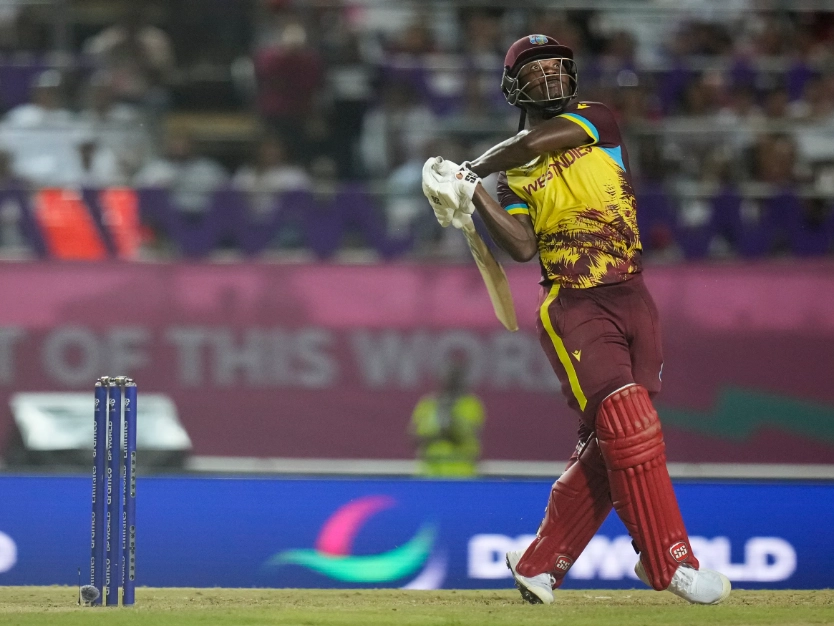 CHRISTCHURCH, New Zealand — In the wake of a tense seven-run defeat to New Zealand in the opening One-Day International, West Indies middle-order batsman Sherfane Rutherford has issued a pointed call: the Caribbean side must be sharper, braver, and more inventive through the middle overs if they hope to tilt the series.
CHRISTCHURCH, New Zealand — In the wake of a tense seven-run defeat to New Zealand in the opening One-Day International, West Indies middle-order batsman Sherfane Rutherford has issued a pointed call: the Caribbean side must be sharper, braver, and more inventive through the middle overs if they hope to tilt the series.
The West Indies bowlers did their part, limiting New Zealand to a manageable 269 for seven from 50 overs. But a sluggish response with the bat, particularly between the 11th and 40th overs, left the visitors chasing the game. A late surge from the lower order narrowed the gap, but the innings closed at 262 for six, just short of the target.
Addressing reporters after the match, Rutherford underscored the team’s need to break the stranglehold New Zealand’s bowlers impose through their relentless hard-length approach.
“I think, moving forward, it’s important for us to rotate the strike,” he stressed. “We know that New Zealand is going to keep bowling the ball into the wicket. So I think, as a team, we need to find a way of getting off strike, and once we can do that, I think we’re going to be in a winning position.”
Rutherford noted that the strategy of saving firepower for the back end too often results in miscalculation.
“Our plan is for us to set it up for the back end, but I think sometimes we miscalculate by leaving too much for the back end,” he admitted.
For Rutherford, the middle phase is where the West Indies must transform their approach.
“From overs 11 to 40, if we can get more singles and even try to get more boundaries in between, it would definitely help us in the back end,” he insisted.
His words carried weight; he top-scored with a composed 55 from 61 deliveries, a timely return to form after a difficult stretch.
Rutherford’s half-century was his first major score in months. He arrived in the series averaging only 15 in his previous six ODIs and coming off a lean T20I campaign across Bangladesh and New Zealand, where he mustered just two runs in four innings, including three ducks.
Still, he said his belief never wavered.
“It was definitely tough. As a player, when you’re not performing, it can be hard because your mind can be all over,” he reflected. “But it got to a point where, for me, I realised that when things are not going your way, you can use it in two ways; either use it as motivation or you let it break you. And for me, it was my biggest motivation.”
He credited unwavering discipline and hard work for keeping him anchored through the slump.
“Even the days when I don’t feel like doing it, I still turn up to the trainings, still turn up to the nets, still in the gym, and I think being that consistent in my preparation and just having that faith… once you believe, you can achieve anything.”